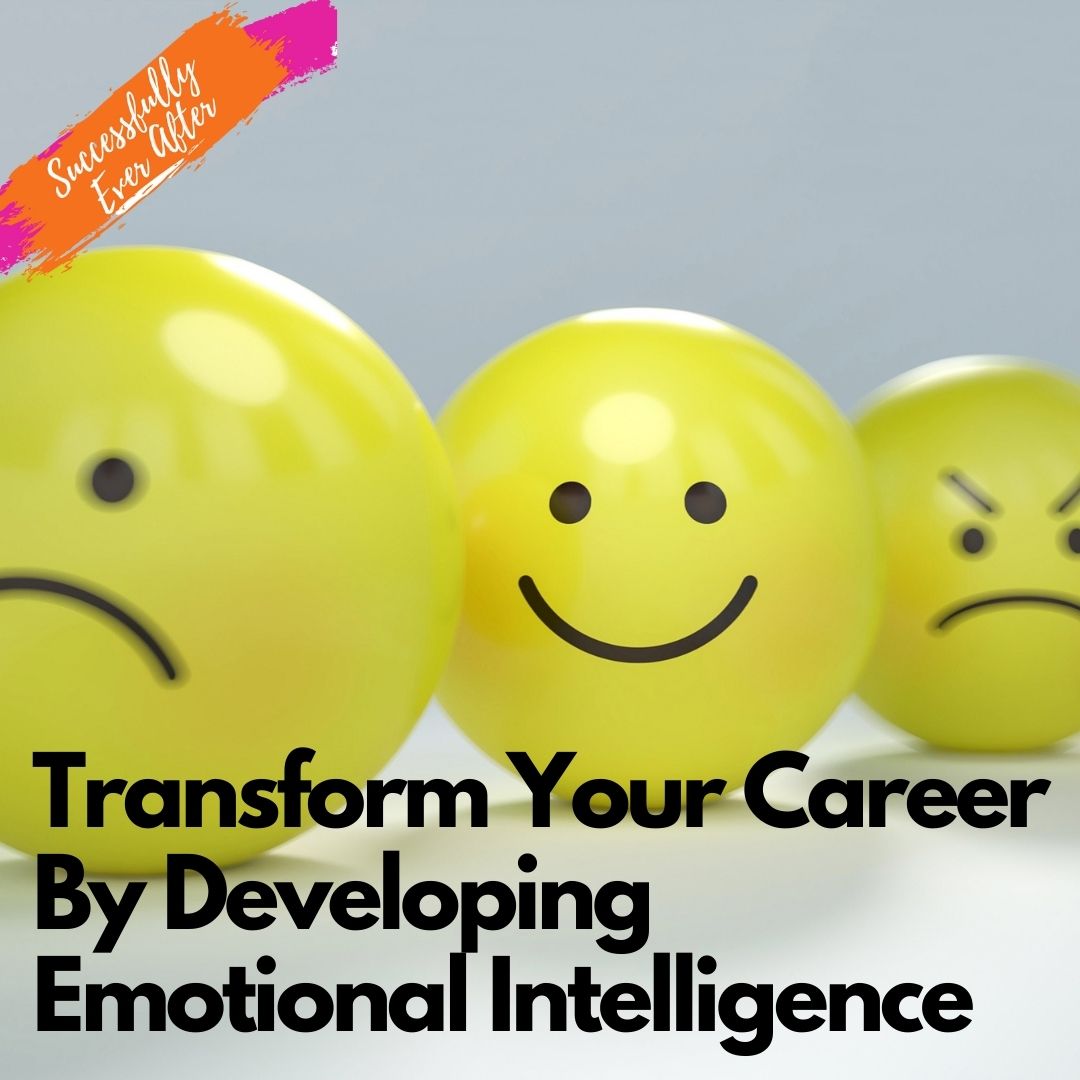As more studies show emotional intelligence improves employee productivity and job performance, it becomes a more coveted skill in the office.
Emotional intelligence is when you can understand the emotions of yourself and others and manage your own feelings well. It shows a balance between intelligence and self-awareness.
Emotional intelligence is an asset. Studies have shown that emotional intelligence training improved employee productivity. That may be because emotional intelligence reflects an ability to make better decisions, problem solving skills, and being a great communicator.
People who are emotionally intelligent can come up with solutions from a holistic perspective.
Emotional intelligence is rated in four categories:
- Self-management. You are able to think clearly in situations where you feel stressed, anxious, or angry. Self-management indicates being able to separate yourself and how you should act from your emotions.
- Self-awareness. Self-awareness helps your ability to change negative habits, thoughts, or behavior. When you have a high level of self-awareness, you can recognize how your beliefs and emotions affect your thoughts and behavior.
- Social awareness. Social awareness is your ability to “read the room.” You can understand what others need to feel comfortable, as well as see social dynamics at play. Social awareness indicates how well you pick up on social cues or needs.
- Relationship management. You manage conflict well, work well with others, and develop positive relationships overall. Relational management indicates good interpersonal skills.
Are you interested in improving your emotional awareness so that you can excel at work?
Follow these tips to build emotional intelligence:
- Practice self-awareness. Self-awareness reflects your ability to look at yourself objectively. To develop this:
- Practice self-reflection in a journal daily.
- Notice when you react to something on autopilot.
- Think about feedback you receive.
- Practice seeing things from other people’s point of view, and not just your own.
- Receive criticism with grace. Think before you react to criticism. Use criticism as an opportunity to learn and grow.
- See conflict as an opportunity to learn and understand more about others. Conflict can be frustrating, but it’s inevitable. Instead of avoiding it, take conflict as an opportunity to understand where another person is coming from.
- Learn to “read the room.” How well do you pick up on the feelings of people around you? Do you know who to go to when you need a solution? What “unwritten rules” do people follow at your workplace? Being able to read the room can position you as a superstar or changemaker at your organization.
- Listen to others. People with high emotional intelligence are great listeners. Are you doing all the talking, or are you making space to listen as well? Try to listen in meetings and make an effort to ask people what they think.
- Speak up and express yourself. In addition to great listening skills, emotionally intelligent people are great at speaking up when it matters, too. Don’t be afraid to pitch your out-of-the-box ideas or make sure your opinions get heard!
- Work to people’s strengths. People work differently and have different strengths. Be flexible to the different types of people who make up your team. Create an environment for each person to thrive and be engaged and innovative.
People with higher emotional intelligence have an easier time managing their stress levels, building better relationships, and reading the room.
- Prowess managing your own stress levels means you can calmly lead a team through high-stress situations.
- Building better relationships can help keep your team members engaged and motivated.
- And being able to read the room can help you know the right person to approach when you’re tackling a problem or take action when you notice a colleague feeling stressed.
Developing emotional intelligence will benefit you at work and also outside of work as well. Wouldn’t life be great with effortless stress management, better relationships, and being able to “read the room”?
If you want more secrets to building a successful career brand, you can:
Join one of my courses and fast track your career.
Subscribe to my YouTube channel and watch quick tips to help your job search or make yourself promotable.
Join my private Successfully Ever After Facebook Group for trainings and information designed for success-seekers.
Check out my audio books: Get Noticed, Get Hired or When In Doubt, Delete It!



